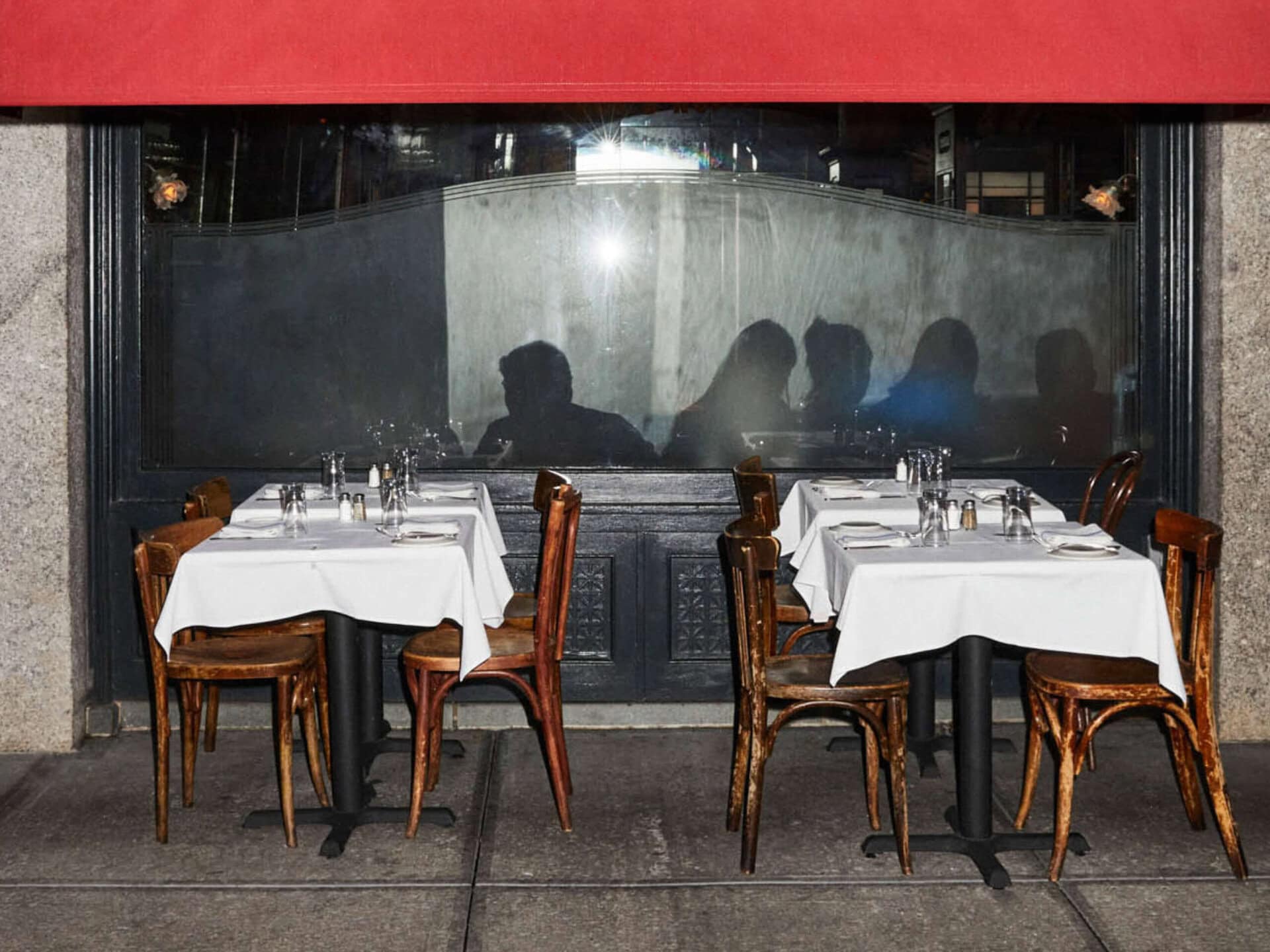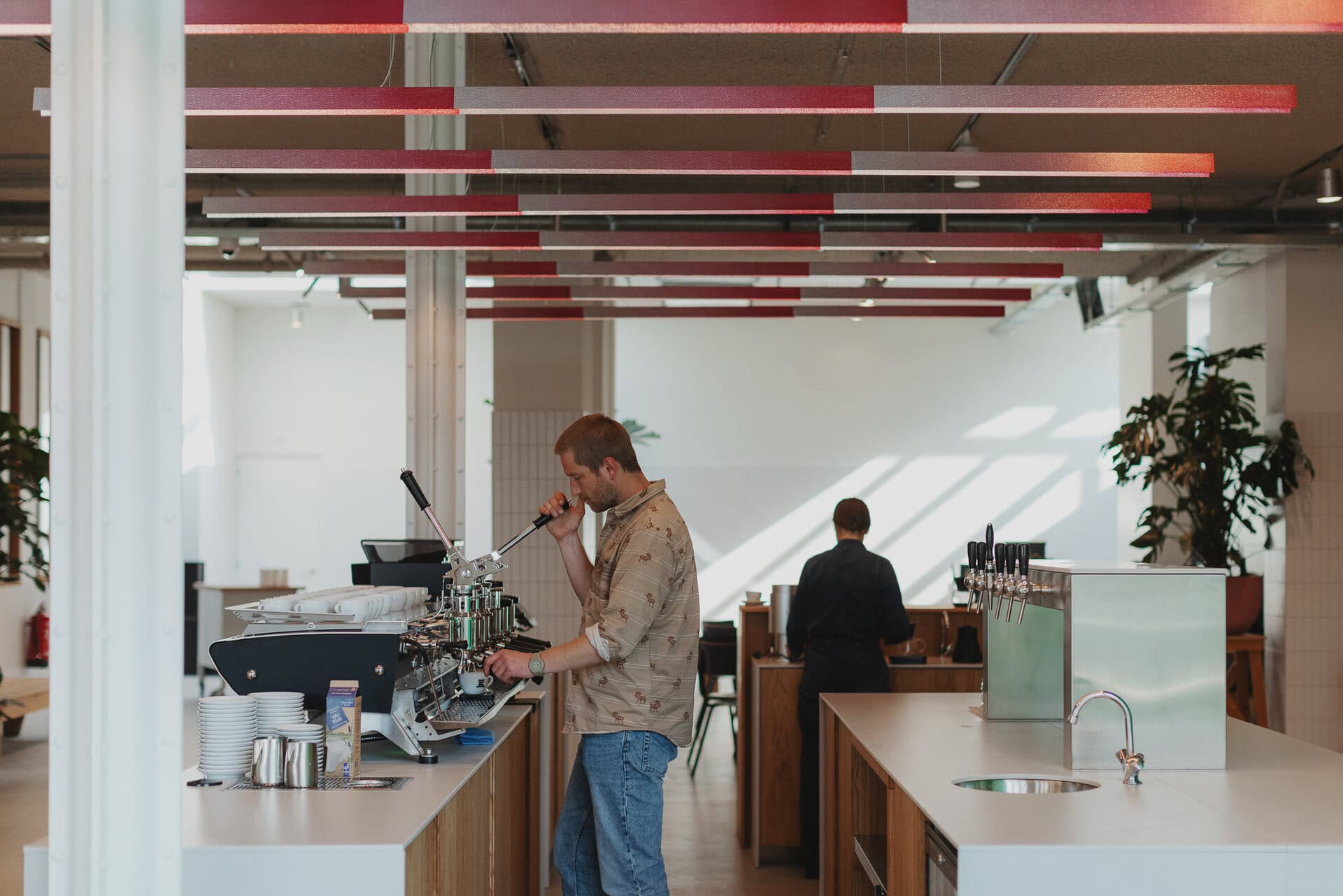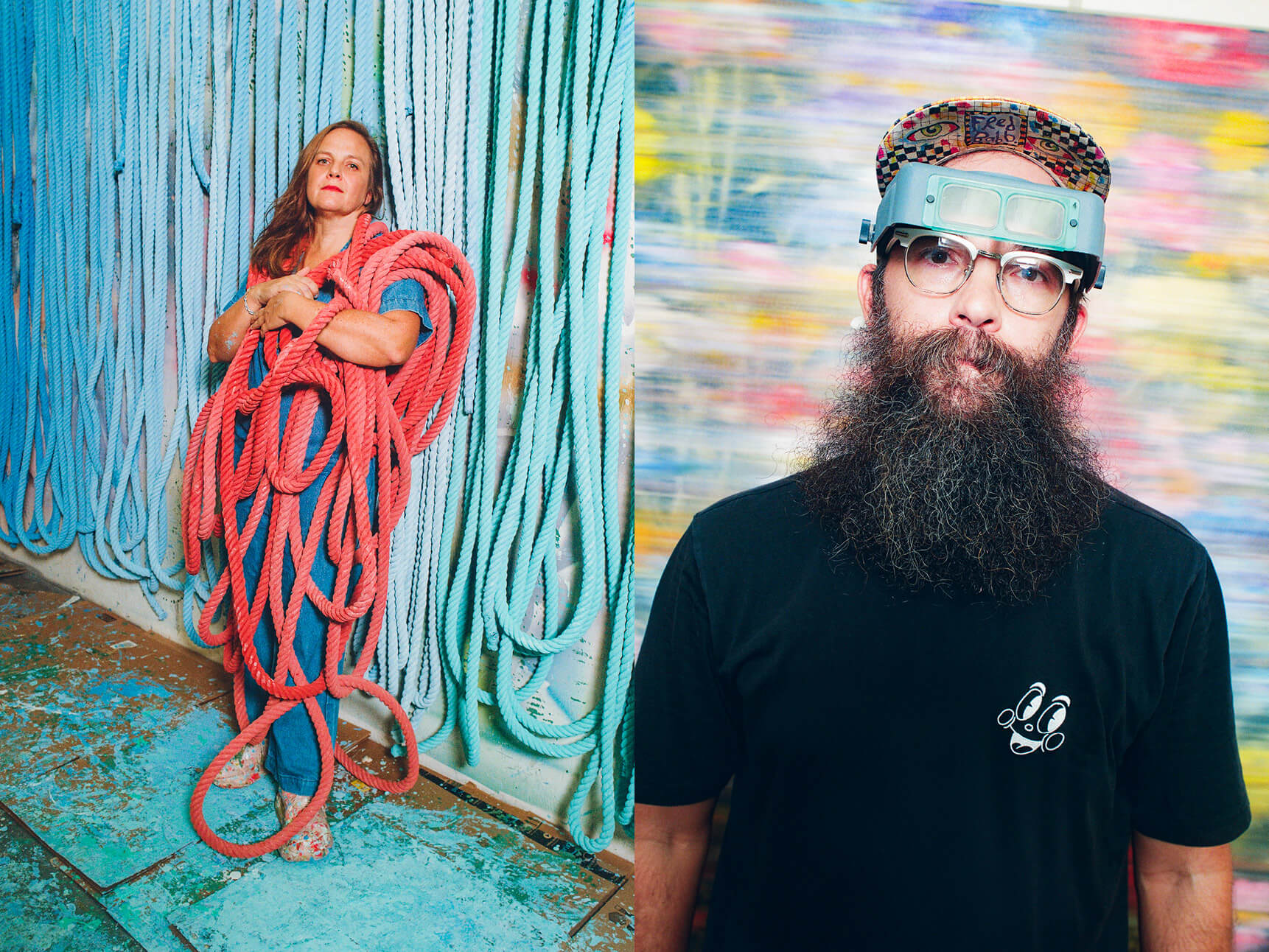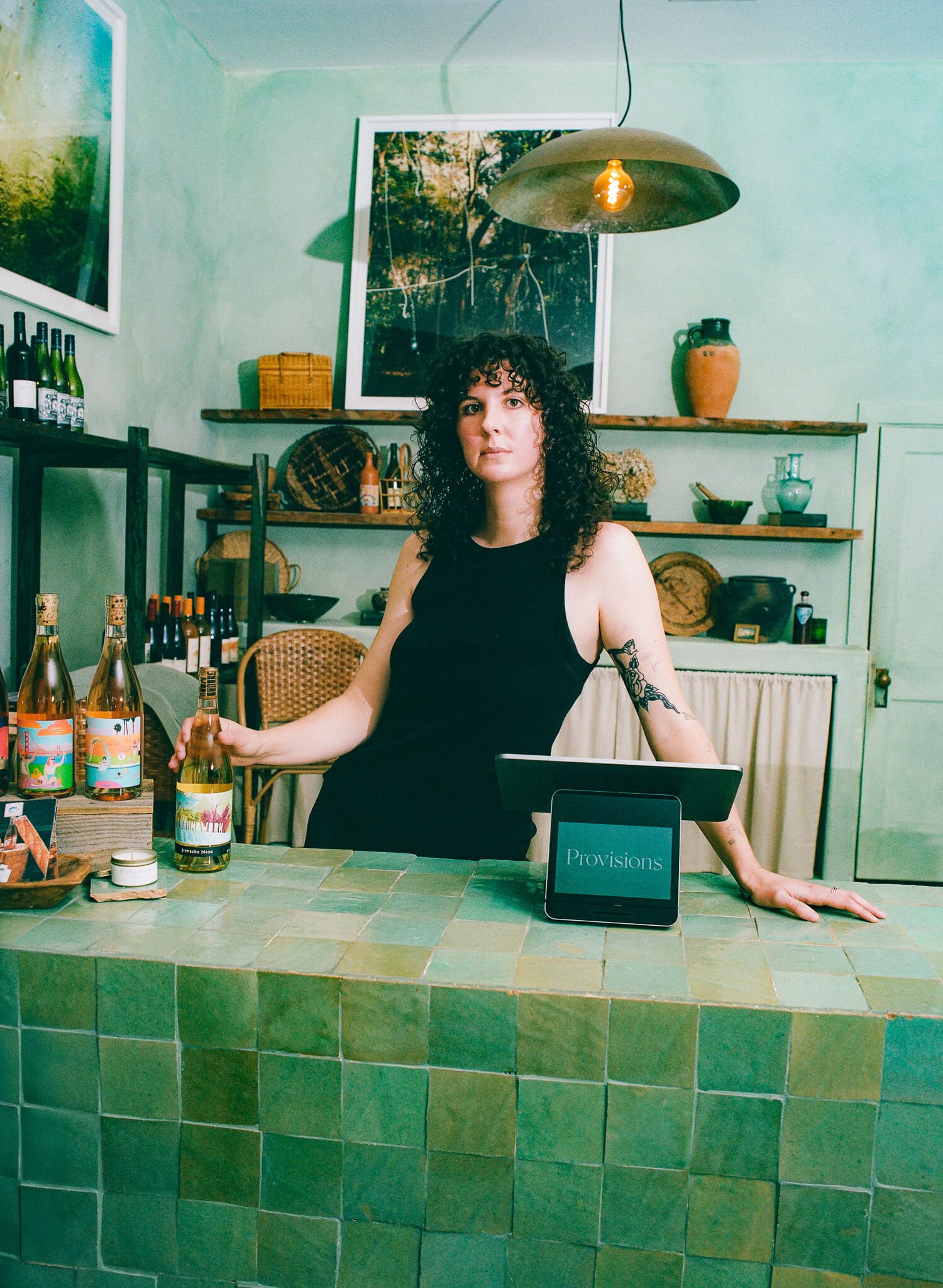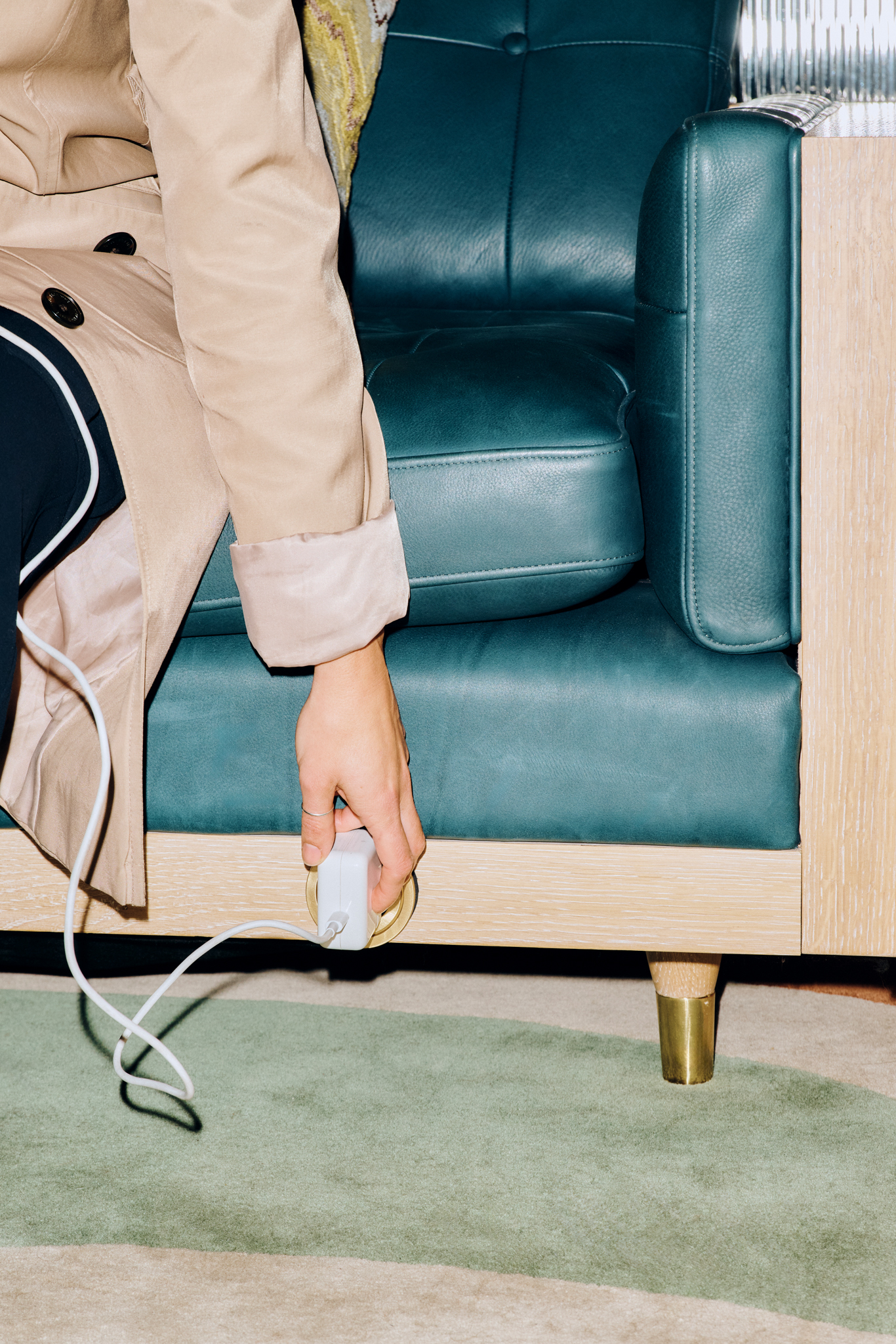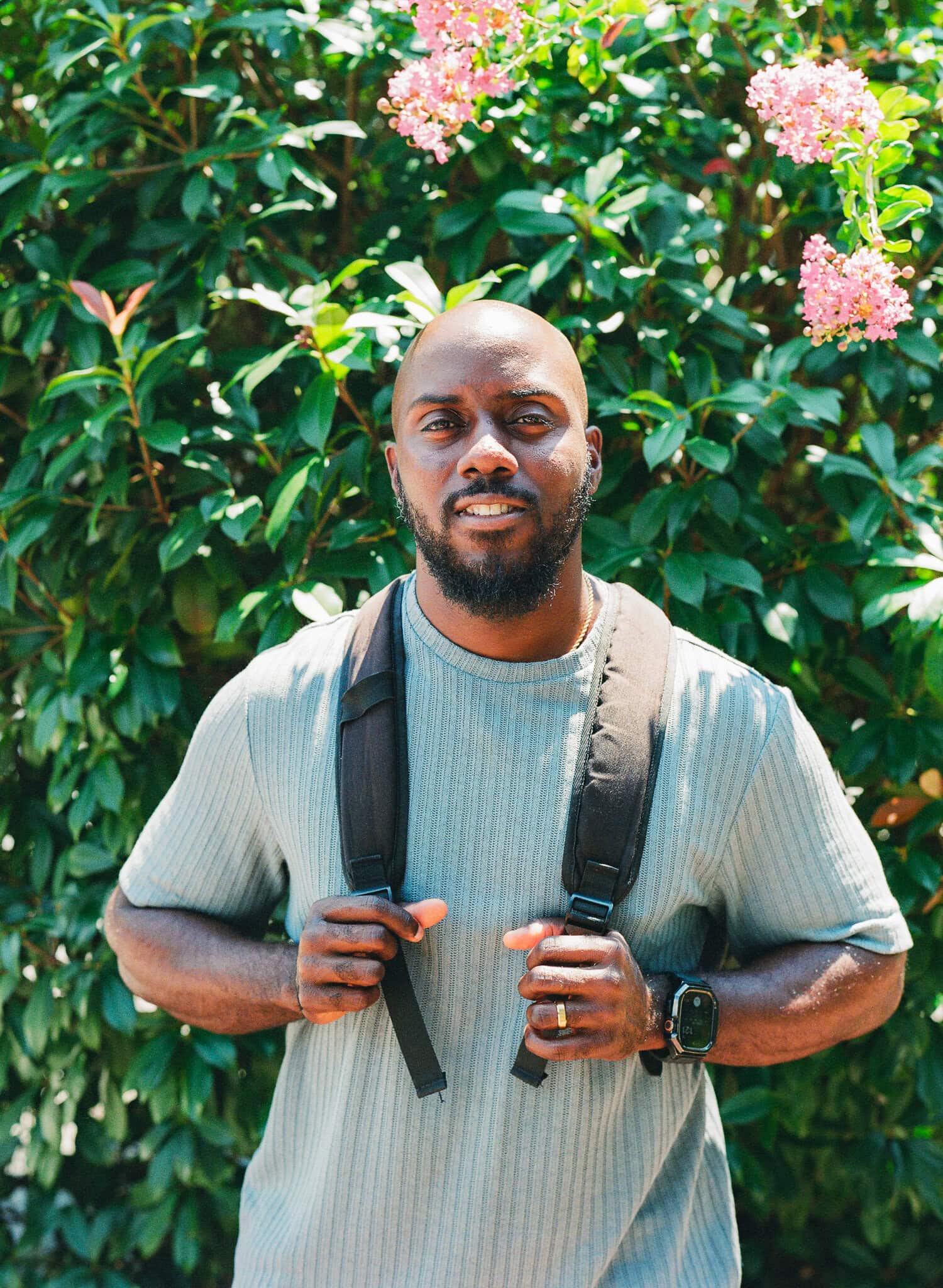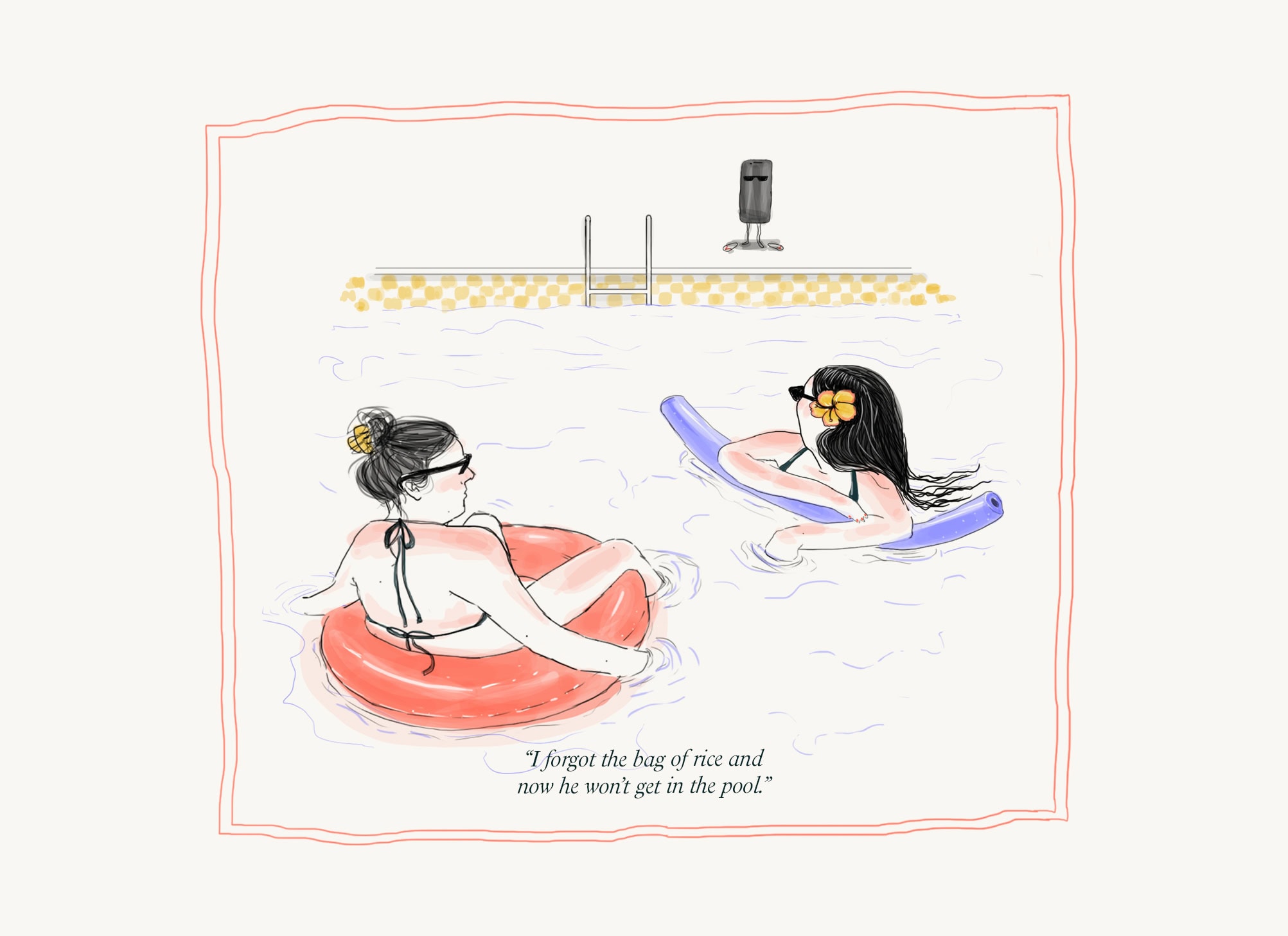
In the year 2025, “getting lost” has been reduced to metaphor. Gone are the days of analog navigation: Absurdly cumbersome atlases or Mapquest directions printed out in internet cafés; rapport with living, breathing human beings in the pursuit of directions. You see, in the not so distant past, entirely losing one’s whereabouts was all but an inherent symptom of travel. Now, following the dawn of the smartphone, we’re far too well equipped.
Of course, one need not visit an internet café anymore for immediate access to the world wide web—or, for that matter, an SEO-optimized list of the best gluten-free pizza restaurants in Rome. But something is lost, there. “Pre-smartphones, there was definitely a lot more ‘happening upon things’ versus researching where to go and how to get there,” says Sara Lieberman, a writer and editor based in New York, who recently returned to the U.S. after a half-decade stint in Paris. “When I was backpacking solo around Australia and southeast Asia at 21 circa 2000, I scribbled directions on cocktail napkins or the backs of menus. I traveled with a giant Lonely Planet guidebook that I highlighted and used for addresses and information. Emailing meant paying an hourly rate at an internet cafe.”
That very approach was, broadly speaking, the norm. And moving through the world as such tended to wedge open a natural space for human interaction. One that bred intimacy, conversation, mutual trust… and dare I say, romance. “Before we carried the internet in our pockets, travel felt more sensory. I had to trust my instincts, my curiosity, and my appetite, quite literally. I remember ducking into cafés not to check Wi-Fi, but to ask a local for directions,” says Robert Longo, the Brooklyn-based founder of C*ZZIMMA non-alc aperitivo. “Time wasn’t so obvious. There was no pressure to ‘stay connected,’ so I actually connected — to the moment, to strangers, to my own thoughts. There was a kind of beautiful vulnerability in being lost. You had to ask for help, make eye contact, be fully present.”
That diluting of human connection is a standard part of life-after-smartphone discourse. Phone communication changes how we move through the world, socialize, decompress. But while traveling, there’s a unique mode of interaction our smartphones can deprive us of. “I remember this trip to San Sebastián…it was supposed to be my first solo adventure, but once I got there, I didn’t quite know what to do with myself or how to fill my time. That’s when I met these two Argentinian brothers who, I think, could sense I was a bit out of my element,” says Sonoma-based wine journalist, Ana Carolina Quintela. “If that trip happened now, I probably would’ve hidden behind my phone. But back then, not having a digital safety net actually created space to connect. I ended up spending the weekend with them, and it turned out to be one of the most fun, spontaneous trips I’ve ever had.”
There are plenty of anecdotes just like this one out there—and we’re far from claiming that this kind of rapport no longer transpires. It’s just that it’s less likely…and growing even more so by the day.
"There was no pressure to ‘stay connected,’ so I actually connected — to the moment, to strangers, to my own thoughts. There was a kind of beautiful vulnerability in being lost. You had to ask for help, make eye contact, be fully present."
To that end, speaking personally, I haven’t taken a vacation in nearly five years. Don’t get me wrong, I travel frequently—I just don’t take vacation. As a freelance writer—remote in every sense of the word—my hours belong to me, so long as the work gets done. On occasion, that means waking up at 5:00am to finish a draft before pruning grape vines in Chablis. It means leaving dinner in Lisbon to interview a source over the phone at midnight. It means justifying travel on the basis of research…and this isn’t just a proclivity of the freelance world. In a landscape that so fervently promotes remote work, we’re traveling more than ever…but taking time off feels like a luxury we’re abstaining from. “For me, the real shift in travel isn’t about what technology does or doesn’t allow—it’s the mindset,” says Los Angeles-based photographer Meghan Mcneer. “I love a color-coded spreadsheet of recs as much as the next person, but it’s really hard to disconnect from work. At the end of the day, I have to decide: am I on vacation, or am I refreshing my inbox in a bathing suit?”
That’s just the thing: Working from home blurs the lines between on-time and off-time. And even for those of us properly indulging in our OOO benefits, I’ve hardly encountered anyone capable of sitting through a week’s worth of vacation without combing through their email, or answering the occasional Slack message. “Something I think about a lot—as someone who straddled the pre-and post-smartphone world—is how strange it is now to be sitting with a friend, laughing, having a perfectly pleasant time, while also having the ability to be in a heated disagreement with a partner over text or negotiating something for work over email,” adds McNeer. “Your brain splits. It’s hard to be fully in either world. But back in Europe in the early aughts, when I stepped away from the internet café, I was there. Whole mind and body. Present in a time before being present was something we even talked about.”
The question of presence is almost a trite one at this point—no matter where in the world we are, it can feel like we’re competing against phone time for real face time (an ism that now recalls a digital mode of communication rather than the IRL interaction it’s named for). So, while the conveniences of modern technology are manifold amidst travel, there’s a certain texture to being somewhere that has shifted. “The technology is so phenomenal, it’s not surprising it causes us to be distracted all the time—but we’re missing out on the real world,” Larry Rosen, PhD, a professor emeritus of psychology at California State University, Dominguez Hills claims, in an article on disconnection from the American Psychological Association. “We’ve created a system where we feel compelled to check in all the time.”
It’s not news that our smartphone behavior is less than healthy. But whether for work reasons or personal ones, it can be near impossible for us to disconnect from our data plans without feeling some mix of FOMO and plain old anxiety. “I’m less relaxed now when I travel. Technology promises ease, but more often than not, it just ends up being a distraction,” says Quintela. “I don’t do well with endless options—it makes me second-guess myself constantly. The internet kind of fuels this low-grade FOMO, like whatever you’re doing, there’s always something better you could be doing. There’s always someone else doing something better. There’s always a work email to answer or a phone call to take.”
The thing is, just about all of this logic runs counter to the very ethos of “vacation.” By definition: “an extended period of leisure and recreation, especially one spent away from home or in traveling,” or alternatively: “the action of leaving something one previously occupied.” Therein lies the problem: We’re hardly leaving anything behind. Work, friendships, family, personal projects—it all comes with us. And while, on the one hand, that can make it easier to abscond (because, well, we’re not really absconding), on the other hand, it means we’ve drained a certain mode of presence from our travel experiences. With the renewed ease of moving about with the capabilities of an iPhone at our service, there’s a dwindling sense of separation between the mundanities of real life, and the thing previously known as “vacation.”
“I’m a romantic…but with a heavy dose of pragmatism,” says Quintela. “There’s definitely a bit of nostalgia in how we talk about pre-digital travel, but it’s not all fantasy. It really was slower. And because it was slower, it was deeper.”
CREDITS
Eliza Dumais is a writer and editor based in Brooklyn, New York, with a focus on wine, food, travel, and sex (hedonism, essentially). You can find her work in Vogue, Food & Wine, Cosmopolitan, VICE, i-D, Refinery29, Lithub, Thrillist, TASTE, Travel + Leisure, Edible Brooklyn, Epicurious, Condé Nast Traveler, Gossamer, Bustle, Electric Literature, ManRepeller, Domino, Cake Zine (& more). She is the co-editor of independent wine magazine, SWURL.

